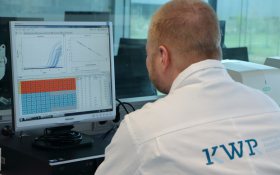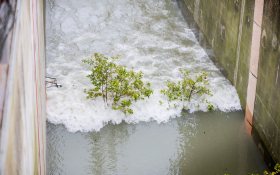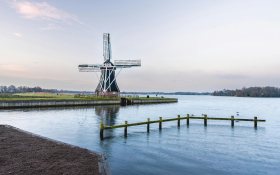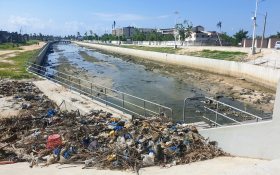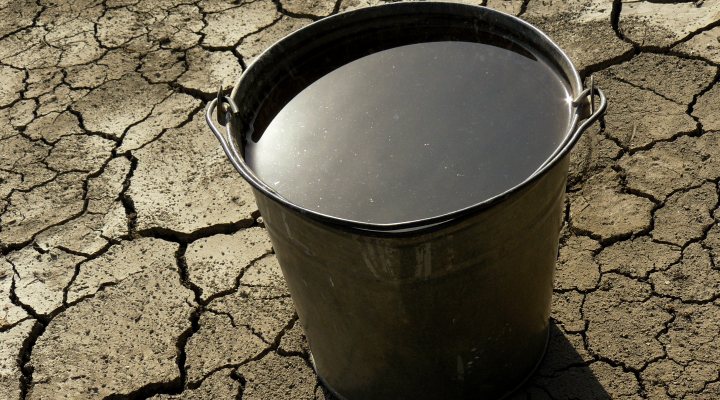
Smart water management in the Netherlands with the Digital Delta API
Data and measurements are essential for water management. The Netherlands has developed a Digital Delta Application Programming Interface (Digital Delta API) that shares a set of definitions and rules that guides how data is requested and supplied.
This innovation maintains data at the source and ensures that water management authorities, knowledge institutes and entities on the market can exchange data in a uniform and standardised manner. By not coping data, water levels and water quality are optimally monitored.
The Digital Delta API consists of open specifications and is not brand, environment or system specific. Existing standards are used in the further development of the API. For example, the Open Data Protocol (OData) is used to search for data and datasets.
Integrated Water Management
In the Digital Delta, water management authorities at local, regional, and national level collaborate with market parties that supply software products and advice for water management and knowledge institutes.
The Digital Delta focuses on efficient and integrated water management. The aim is to make water management data easily available to the organisations involved. This allows water management, even across different river basins and management areas, to be carried out more smartly and effectively. The streamlined uniform information sharing allows for rapid and adequate anticipation of acute changes in water management.
Water Information House
At the request of the partners, the management of the Digital Delta API community is in the hands of the Water Information House. This ensures the application of the Aquo standard (a semantic standard for data sharing within the water sector) and simplifies the exchange of source data without intermediate storage in accordance with the FAIR principles (findability, accessibility, interoperability, and reusability.
